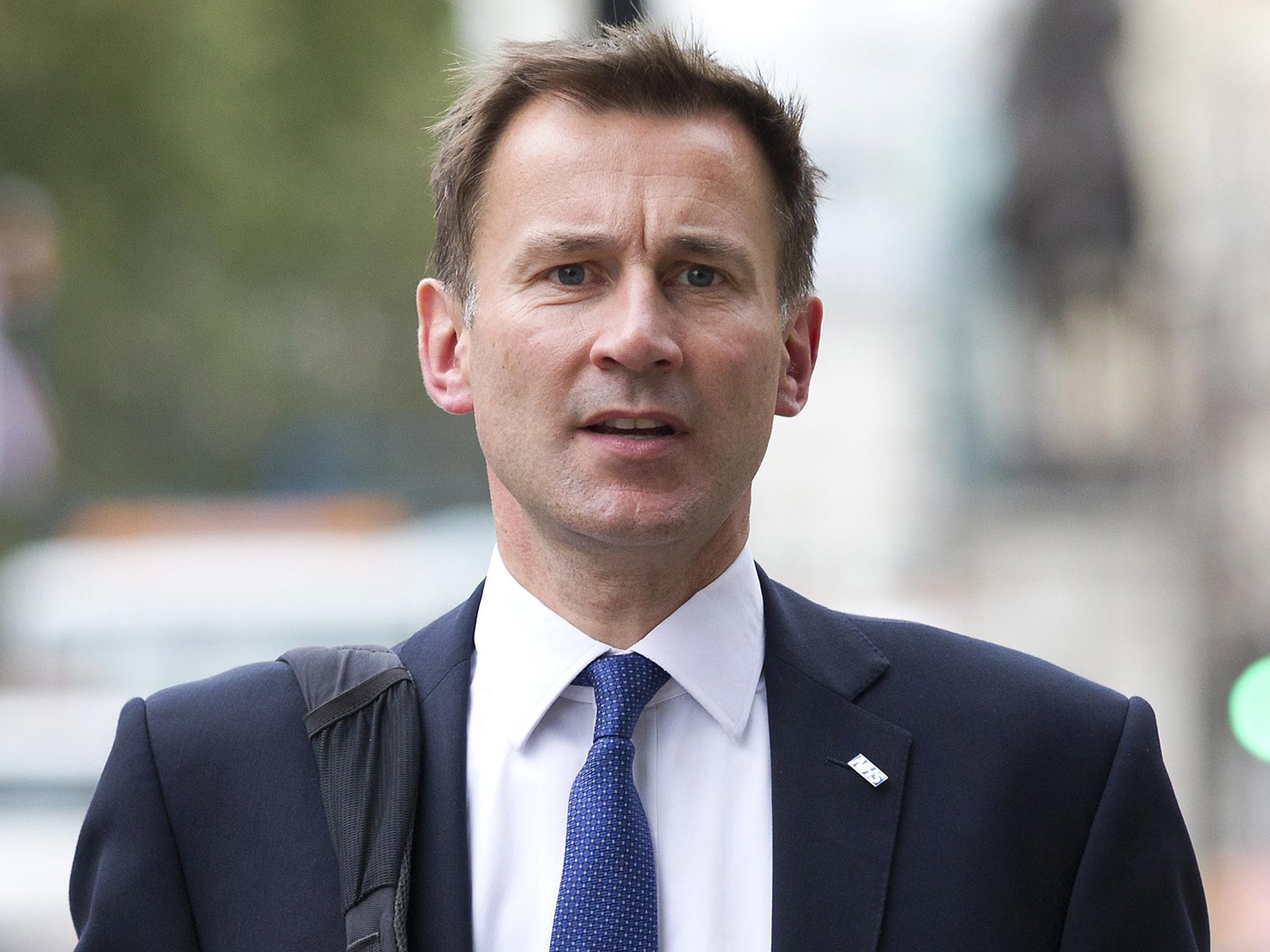Your support helps us to tell the story
From reproductive rights to climate change to Big Tech, The Independent is on the ground when the story is developing. Whether it's investigating the financials of Elon Musk's pro-Trump PAC or producing our latest documentary, 'The A Word', which shines a light on the American women fighting for reproductive rights, we know how important it is to parse out the facts from the messaging.
At such a critical moment in US history, we need reporters on the ground. Your donation allows us to keep sending journalists to speak to both sides of the story.
The Independent is trusted by Americans across the entire political spectrum. And unlike many other quality news outlets, we choose not to lock Americans out of our reporting and analysis with paywalls. We believe quality journalism should be available to everyone, paid for by those who can afford it.
Your support makes all the difference.Doctors are calling on for Parliament to start sitting on Saturdays as a “normal working day” after the Health Secretary repeatedly attacked the so-called “Monday to Friday culture” of the NHS.
Jeremy Hunt has accused doctors of opting out of working on weekends and is trying to get junior doctors to agree to a new contract that redefines anti-social hours to not include weekend working.
In response around 12,000 people, including many doctors, have signed a petition started by a GP demanding that MPs also attend Parliament on weekends.
“Doctors have been told that Saturdays are part of the ‘normal working week’ so that the Government can avoid paying them extra to do so,” wrote Dr Ivan Ratnayake, an Epsom-based GP who started the petition.
“I am a GP and although not a junior doctor, believe that politicians are at least as important if not more important than the people they lead and who they set policies for.
“As ‘we are all in it together’, the policies and rules they set should apply to them as equally as for any members of the workforce.”
Since the petition has over 10,000 signatures the Government must respond to it. If it hits 100,000 signatures it will be considered for debate in Parliament.
Parliament currently sits Monday to Fridays but tends to start around 2.30pm on a Monday and finish early on Friday.
Government business tends not to be conducted on Fridays and many MPs travel back to their constituencies on Thursdays.
However, when not working in Parliament most MPs are hard at work in their constituencies, responding to local issues and attending to events.
Speaker John Bercow recently called for reforms to the amount of time MPs spend in Parliament. He told Parliament’s internal House magazine last year that the House of Commons should not stop operating during party conferences, as it currently does.
“For almost three months – virtually a quarter of the year, from mid-July to mid-October – the House is not sitting, bar two weeks, and hence the executive has freedom from legislative inquiry,” he said.
Doctors and other NHS staff do currently work on weekends but Mr Hunt has pointed to studies that he says show higher death rates in hospitals Saturday to Sunday.
The British Medical Journal, which published the studies, however has accused the Health Secretary of misusing the data and has suggested he does not understand it.
Some researchers have even suggested a so-called “Hunt effect” – that apparent scaremongering by Mr Hunt has made sick people less likely to attend hospital on the weekends for fear of bad care.
This may have led to higher mortality amongst people who listen to Mr Hunt’s claims, the researchers have suggested.
Junior doctors voted overwhelmingly to strike to stop Mr Hunt’s new contract, which would redefine some late work and weekend working as normal and therefore see lower special payments.
Mr Hunt has said most doctors would see no change to their pay from the changes but admitted that those who work the very longest hours could lose money.
As well as fears of lower compensation, doctors have also however warned that patient safety could be put at risk as hospitals managers are incentivised to put doctors on unsafe shift patterns.
Doctors are next going on strike on Wednesday 10 February as part of a rolling programme of industrial action.

Join our commenting forum
Join thought-provoking conversations, follow other Independent readers and see their replies
0Comments